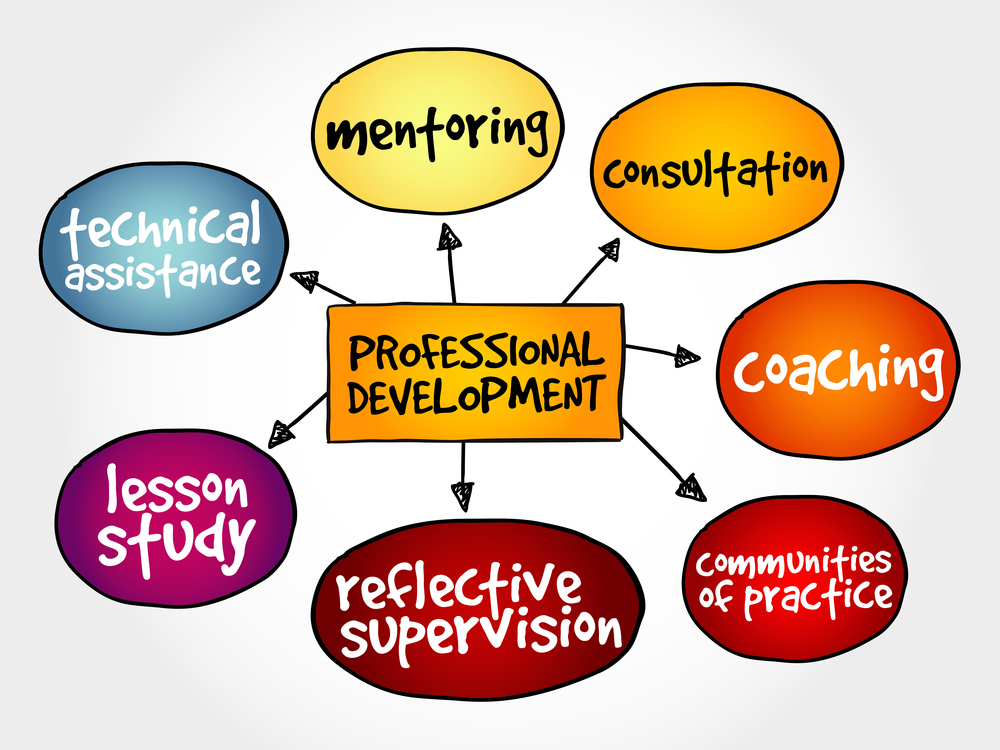
Last Updated: 14 Aug 2025 AI and Professional Development
I have avoided writing about AI until now. This is due to my having what is known in English as the “once bitten twice shy” mindset. I was bitten by AI twenty-five years ago, when I left my Japanese employer and joined a British tech startup.
My new business idea at the startup was to provide an online learning environment for professionals – such as doctors, accountants or lawyers. In the UK it is mandatory for such professionals to undertake 30 or so hours of “continuing professional development” a year, in order to continue to be qualified. It is left up to the individual professional how to do this – but some kind of proof of having updated your professional knowledge is necessary, however.
Our idea was to develop an online environment which would provide a record of work related research done by the professional, and that this record would be automatically generated by our AI algorithm-based internet search tool.
Google was already well established by then, so our immediate challenge was to prove why our research tool was better suited to professionals’ needs than Google’s. The AI expert who had developed the tool pointed out that Google’s search engine was not real AI, rather a machine learning tool that worked off huge volumes of data and was able to synthesise this data into a coherent response, using a probability based analysis of text. He claimed his algorithm was closer to true AI in that it tried to understand the real meaning of what was being asked, and searched the internet, including less public content, for a comprehensive answer to the question – in real time.
Unfortunately, the British tech startup collapsed before we could prove our case. E-learning since then has developed into the kind of “point and click” slideshows with multiple choice tests that do not encourage self-directed learning and research.
Twenty-five years later, I am not surprised to see that investments in e-learning companies have decreased significantly, as students are switching to using AI tools for their research and essay writing. These AI tools are still large language models, and I have found them excellent at generating syntheses of existing content. A conscientious professional will still need to turn this content into their own knowledge, however, by sense checking it, adding their own flavour, and most importantly, putting the learning into practice and reflecting on its impact.
This article originally appeared in Japanese in the Teikoku News on the 12th February 2025
Japan Intercultural Consulting has e-learning to help you with your professional development (which we have tried to make rather better than just point and click!) available on Teachable here.
Related articles
Is it worth the effort to learn Japanese?
Yes, but once a week lessons will lead to frustration! Make sure you know your vocation first. Lov
Hiring Japanese speakers
Japanese companies often fall into the trap of hiring Japanese speakers without defining the actual
What businesswomen should wear when meeting with Japanese
I frequently am asked for dressing tips for businesswomen who are going to visit Japan or have meeti




